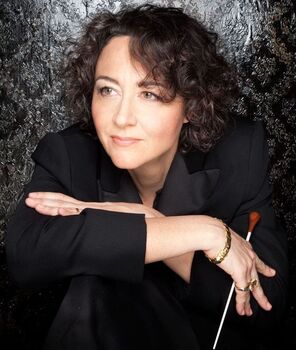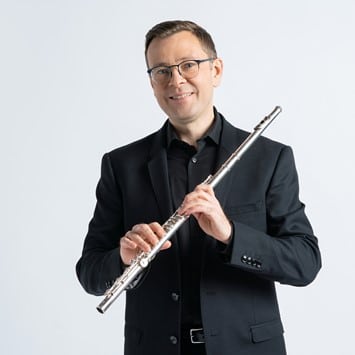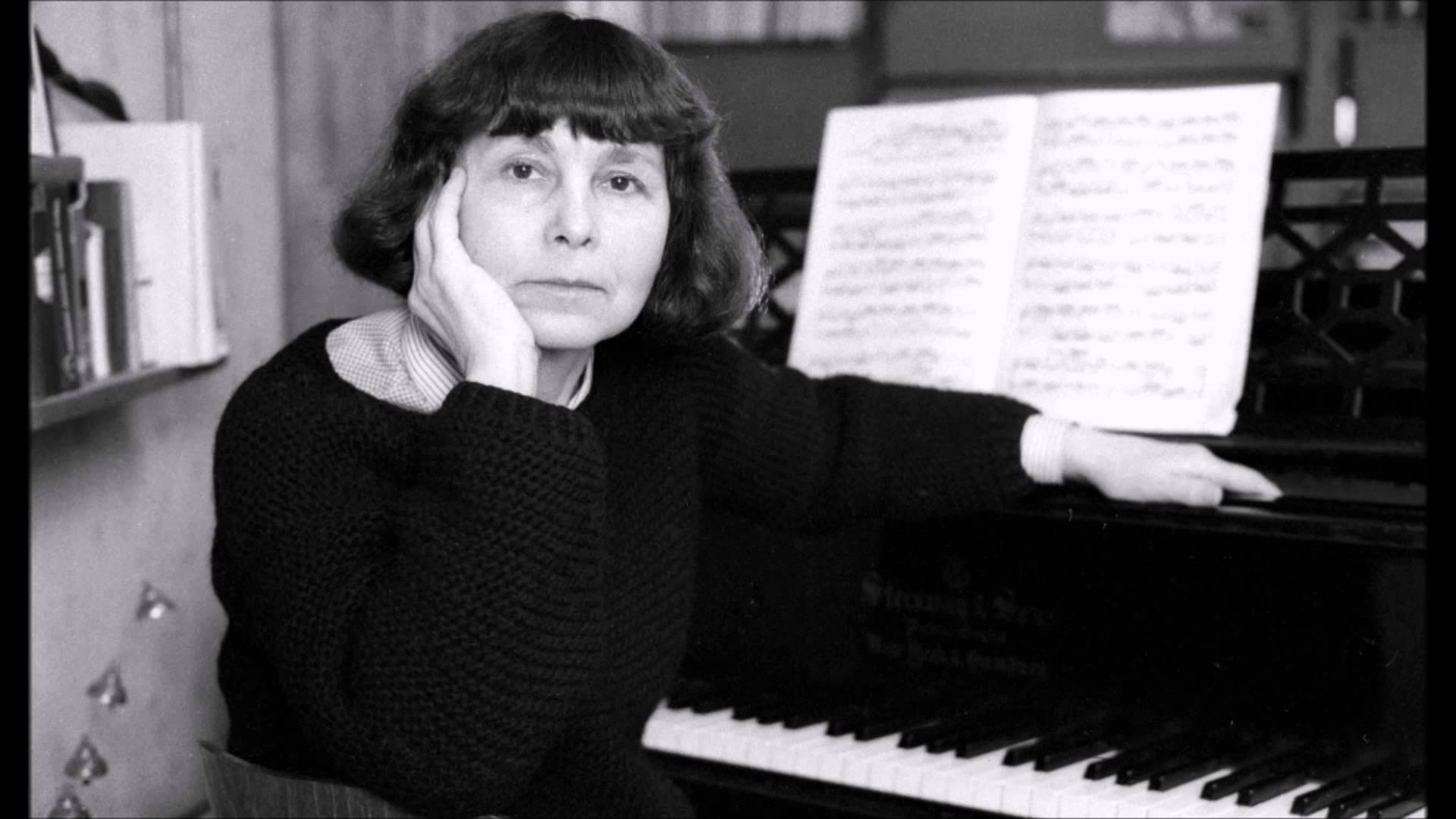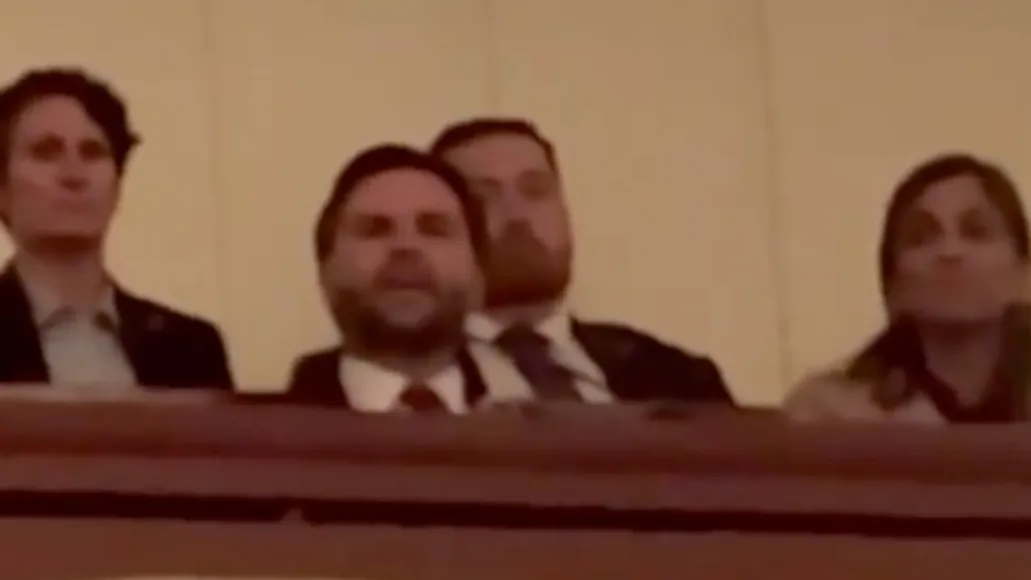Label news: Stutzmann gets record deal
OrchestrasThe veteran Alain Lanceron has signed Nathalie Stutzmann to Warner Classics & Erato.
Her debut recording will be Dvorak with the Atlanta Symphony Orchestra, out in August.

The veteran Alain Lanceron has signed Nathalie Stutzmann to Warner Classics & Erato.
Her debut recording will be Dvorak with the Atlanta Symphony Orchestra, out in August.
Message from Andrew Balfour, a Cree composer from…

We hear that Stefán Ragnar Höskuldsson of the…

The authorities in Kazan have reported the death…

Several audience members have told us that US…

Session expired
Please log in again. The login page will open in a new tab. After logging in you can close it and return to this page.
Comments